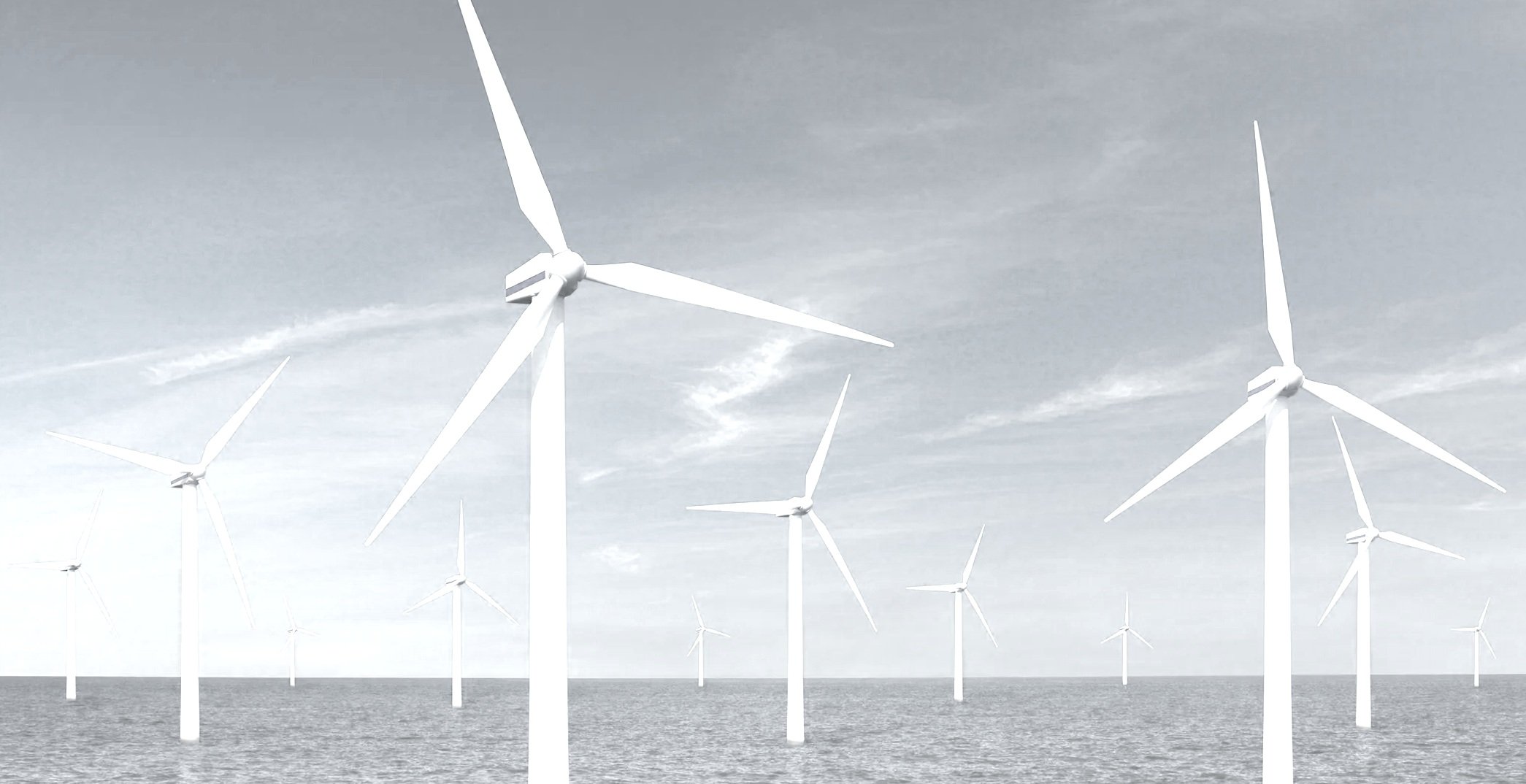Impact of Green Hydrogen Production on the Availability of Clean Electricity for the Grid
“Using green hydrogen to heat homes in Massachusetts is a dead-end climate solution that will fail to meet our state mandated emissions reduction goals at huge costs to ratepayers.”
Using green hydrogen to heat homes in Massachusetts
would waste clean electricity and sink our climate goals.
Gas utilities are proposing to blend green hydrogen, made from wind and solar, in the pipelines with natural gas to heat Massachusetts homes.
A new report demonstrates that this plan will consume 120% of the Commonwealth’s procured offshore wind energy for 2030, preventing Massachusetts from using that renewable energy to decarbonize the grid and jeopardizing our climate goals.
The report recommends policy guidelines for using offshore wind energy more effectively and limiting the distribution of green hydrogen.
“This report makes clear just how inefficient it would be for Massachusetts to deliver green hydrogen to heat homes and lays out a better path for the Commonwealth of Massachusetts to reserve renewable electricity to directly power modern, high-efficiency heat pumps. ”
How much wind capacity is needed to produce enough green hydrogen to heat buildings in Massachusetts?
Simply put, a lot more than we have.
3.9 Gigawatts: The capacity of offshore wind turbines needed to generate enough electricity to make green hydrogen to replace just 20% of methane used to heat buildings
3.2 Gigawatts: Predicted offshore wind capacity in Massachusetts in 2030
If green hydrogen is used for heating, there will be no remaining offshore wind capacity to decarbonize the grid or meet increased electricity demands from other sectors.
“To meet our municipal climate goals, we need long-term energy solutions that will take the place of our crumbling gas system, not measures that prolong the life of failing infrastructure and undermine our efforts by siphoning off the limited available clean energy. Cities and towns are already dealing with the disruption and expense of constant work on the gas system and chasing never-ending leaks that harm our health and kill our trees. Pumping alternative gases into the system is not the answer.”

A FAR BETTER SOLUTION
Electric heat pumps are highly efficient appliances that provide reliable heating and cooling at a fraction of the electricity demand compared to current plans by utilities to blend green hydrogen and renewable natural gas (RNG) to heat homes.
We need to use all the clean electricity we can produce directly and limit the use of highly resource-intensive green hydrogen to applications where electrification is not feasible, such as high-heat industrial processes.
The new report makes four main recommendations:
We have the technology to efficiently decarbonize home heating: heat pumps.
Reform utility planning to align with state emissions reduction mandates.
Plan the strategic retirement of the gas pipeline distribution infrastructure.
Restrict green hydrogen to industries where electrification is not possible.
Prohibit blending hydrogen with methane for heating homes and buildings in Massachusetts.
“Massachusetts is already facing challenges building renewable energy generation capacity at speed and scale, and this report astutely highlights that using this valuable renewable electricity to produce hydrogen for building sector heating will only further exacerbate this issue.
Green hydrogen certainly has a critical role to play in decarbonizing difficult-to-electrify sectors of the economy, but heating of residential and commercial buildings simply isn’t one of them.
Using locally produced renewable electricity in highly efficient heat pumps should be the linchpin of any reasonable building decarbonization strategy in the Commonwealth.”



